June 2021: The Month in Review

This June marked a strong end to the second quarter of 2021 for the cellular agriculture field. Compared to conventional animal agriculture, cellular agriculture offers an alternative and more sustainable way to produce the same animal products directly from cell cultures. From meat to dairy to proteins like collagen, cellular agriculture can be used to produce a wide range of animal-derived products. And this June continued the field’s momentum into the summer.
From scaling milestones and new investments to upcoming product launches, we break down what happened this June in the cellular agriculture field.
Investments
Motif FoodWorks
Motif FoodWorks announced the company raised a massive $226 million in Series B funding to develop ingredients for plant-based meat and dairy products. A spin-off from synthetic biology company Ginkgo Bioworks, Motif FoodWorks plans to use Ginkgo’s microbe platform to produce acellular animal proteins to complement the flavour and texture of plant-based products.
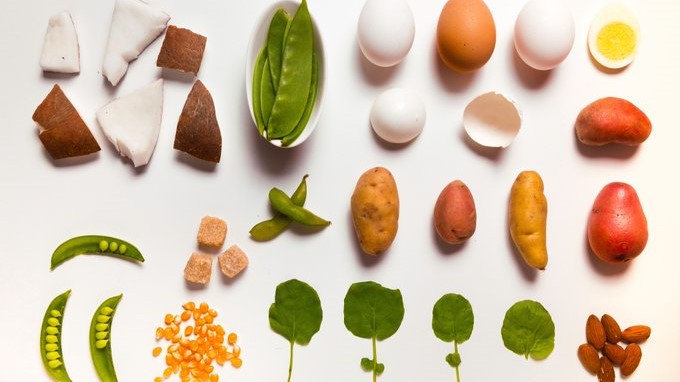
The largest Series B funding round for a cell-cultured food company and one of the largest Series B funding rounds ever in the foodtech field, Motif’s funding round was jointly led by Ontario Teachers’ Pension Plan Board and BlackRock. Other investors in the round include AiiM partners, Breakthrough Energy Ventures, General Atlantic, CPT Capital, Louis Dreyfus Company, and Viking Global Investors. In 2019, Motif raised a total of $117.5 million in Series A funding, the largest Series A round ever for a foodtech startup at the time.
Moving forward, Motif plans to launch its first acellular product, a muscle protein ingredient designed to improve flavour and performance of plant-based meats, by the end of this year. In addition, Motif will use the funding round to expand its team and scale production ahead of its first commercial launch. Regarding regulation, the company is currently going through the GRAS notification process with the FDA for its first product.
Change Foods
Change Foods announced the new startup raised $2.1 million in seed funding to develop cell-cultured dairy cheese. Founded by David Bucca and Junior Te’o, Change Foods is a startup that uses cellular agriculture to produce dairy cheese without requiring cows. By designing microbes to produce the same dairy proteins and ingredients found in cheese from a cow, Change Foods aims to produce the same cheese without requiring any animals.
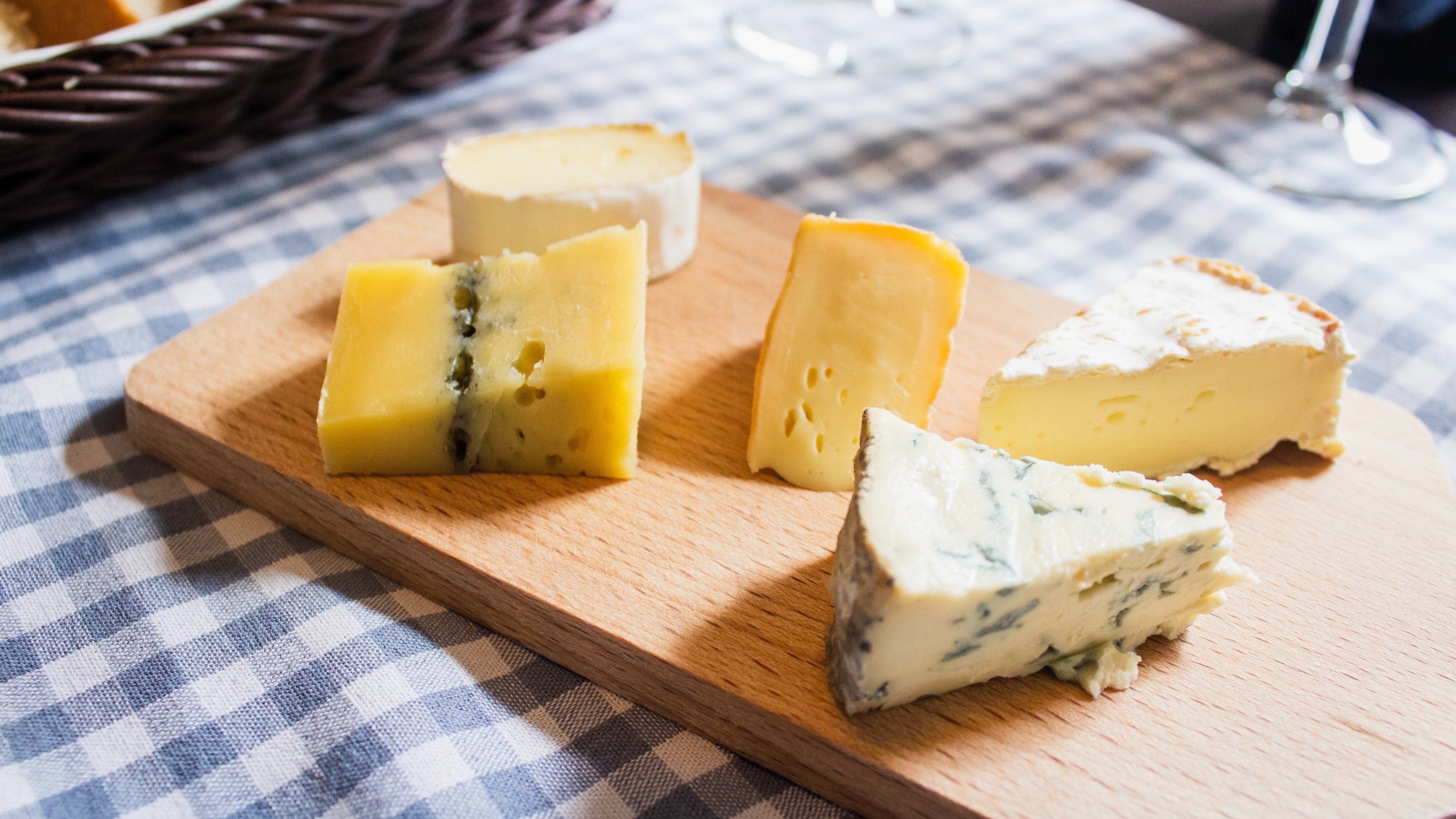
Based between both Australia and the United States, Change Foods is the first startup in the Asia-Pacific region to focus on producing dairy cheese via acellular agriculture. Investors in Change Foods’ seed round include Plug and Play Ventures, Clear Current Capital, Canaccord Genuity, Better Bite Ventures, and Gerber-Rauth.
The seed round brings Change Foods’ total funding to date to $3.1 million. In November 2020, Change Foods announced a pre-seed funding round of $875,000.
Moving forward, the company plans to use the funding round to set up a new R&D facility in the San Francisco Bay Area. Change Foods aims to bring its first cell-cultured dairy cheese to market in 2023. Regarding regulation, Change Foods shared that the company initiated the Generally Recognized as Safe (GRAS) determination process for its animal-free dairy proteins and other dairy compounds in collaboration with FDA experts.
Interestingly, Change Foods is the third Australian cellular agriculture startup to announce a funding round this year. In January 2021, cell-based meat startup Vow Food raised $6 million in seed funding to develop its library of cell lines from various animal species for food purposes. In March, new startup Nourish Ingredients raised $11 million in funding to develop animal fats directly from cell cultures.
Future Meat Sets Up Pilot Plant
Cell-based meat company Future Meat Technologies set up a pilot production plant to start producing its cell-based meat in Rehovot, Israel. According to Future Meat, its pilot plant can produce up to 500 kilograms of cell-based meat per day, the equivalent of approximately 5,000 hamburgers. The company also shared its first product will be a hybrid mix of both cell-based chicken and plant protein. The company is also working on a hybrid cell-based lamb and plant protein mix. Pending regulatory approval, Future Meat aims to launch its first product in the US in 2022.
 Future Meat Technologies new pilot production plant
Future Meat Technologies new pilot production plant
Future Meat Technologies states the company can significantly reduce its cell-based meat production costs. Through its media rejuvenation technology, Future Meat can recycle its cell culture media by washing away toxins and reusing the remaining macronutrients to completion. Coupled with fibroblasts cells as its cell line that require less growth factors, Future Meat claims it can reduce its media cost by approximately 60%. In May 2021, Future Meat reduced the production cost of its cell-cultured chicken breast to $4 per 110 grams, a big milestone for the field.
Wildtype Launches First Cell-Based Seafood Pilot Plant
Similarly, cell-based seafood company Wildtype set up the first operational cell-based seafood pilot plant in San Francisco, California. Focusing on sushi-grade salmon, Wildtype’s facility can currently make 50,000 pounds of seafood a year with a potential maximum capacity of more than 200,000 pounds annually. In addition to the announcement, Wildtype shared an interactive online rendering of its pilot plant online to allow visitors to virtually walk through the facility.
 Wildtype's new pilot plant can produce up to 200,000 pounds of cell-based salmon annually
Wildtype's new pilot plant can produce up to 200,000 pounds of cell-based salmon annually
Through a glass door in the facility’s tasting room into the production area, Wildtype aims to improve food transparency and show visitors exactly how their food is and where it comes from. Designed to work right in the middle of a city, Wildtype envisions its facilities can work in the middle of any city and bring high-quality seafood closer to consumers. Wildtype plans to continue to engage with regulators in the US in order to one day bring its cell-based salmon to market.
TurtleTree Labs Launches first product: Lactoferrin
Cellular agriculture dairy startup TurtleTree is preparing to launch its first product: lactoferrin, a protein found in both animal and cow milk. Viewed as an important protein in fighting infections, lactoferrin is also a supplement to help women counter iron deficiencies. According to TurtleTree, human breast milk contains 5 to 7 times more lactoferrin than dairy milk, and the Singapore-based company saw an opportunity to commercialize its first product.
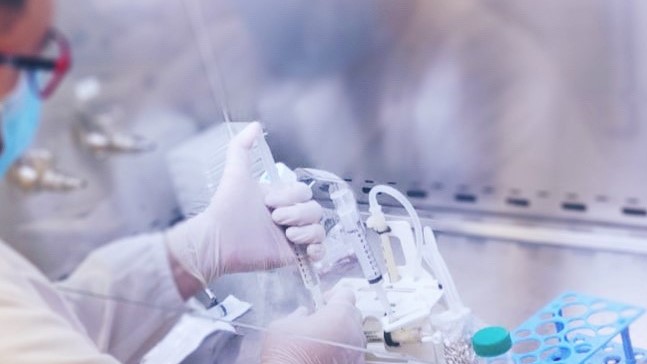
As the company plans to launch its lactoferrin protein, TurtleTree Labs shared the company is continuing to develop its technology to grow mammary gland cells that will produced cell-based dairy. At the moment, TurtleTree is in discussions with regulators in Singapore and the US regarding regulatory approval of its product. The company aims to commercialize in the next 12 to 18 months.
Biomilq Develops Cultured Breastmilk Prototype
Biomilq announced the company produced its first cell-cultured human breast milk prototype. Based in Durham, North Carolina, Biomilq is an infant nutrition company that uses cellular agriculture to produce mammary cell-cultured human breast milk.
From human milk proteins and bioactive lipids to human milk oligosaccharides (HMOs), breast milk contains thousands of unique molecules that nourish infants during an important stage of their development. And now, after first showcasing their proof of concept in February 2020, Biomilq has showcased its proof of complexity.

According to the press release, Biomilq’s product has a macronutrient profile that closely matches the expected types and proportions of proteins, complex carbohydrates, fatty acids, and other bioactive lipids known to be present in breastmilk.
According to Dr. Jennifer Smilowitz, Biomilq technical advisor and UC Davis Human Milk Researcher, Biomilq’s cell-cultured human breast milk “contains a comprehensive suite of human milk proteins that both nourish and protect infants.” While Biomilq’s product does not contain antibodies, Biomilq stated its cell-cultured breast milk contains polyunsaturated fatty acids that are known for anti-inflammatory qualities.
As more startups look to develop cell-cultured breast milk, it’s promising to see Biomilq lead the way and showcase its first cell-cultured breast milk. While the company shared that their product is not bio-identical to a mother’s milk, Biomilq aims to develop another way to produce human breast milk that does not require a trade-off between a baby’s nutrition and the mother’s well being.
Moving forward, the company stated it is still in its first trimester and still needs to address many challenges before coming to market. From scaling production and government regulations, the team aims to engage a wide range of stakeholders about its novel product. Biomilq previously raised $3.5 million in seed funding in June 2020 to optimize its production process.
Geltor to Launch First Animal-Free Collagen for Food and Nutrition this Summer
Geltor announced the company will launch its first cell-cultured collagen product for the food and nutrition markets this summer. Based in San Leandro, California, Geltor is a biodesign company that uses cellular agriculture to grow animal-free collagen proteins. Traditionally sourced from the bones and skin of livestock animals or fish, Geltor’s collagen via cellular agriculture offers an alternative way to produce the same animal protein products.
Branding the product PrimaColl, Geltor announced the company has partnered with Lonza Speciality Ingredients to manufacture its first food product. According to the company, PrimaColl is the exact match to the bioactive core of Type 21 collagen, a rare type of collagen found in less than 1% of the body. Geltor claims its Type 21 collagen product can interact with other types of collagens found in the body to signal additional collagen production.
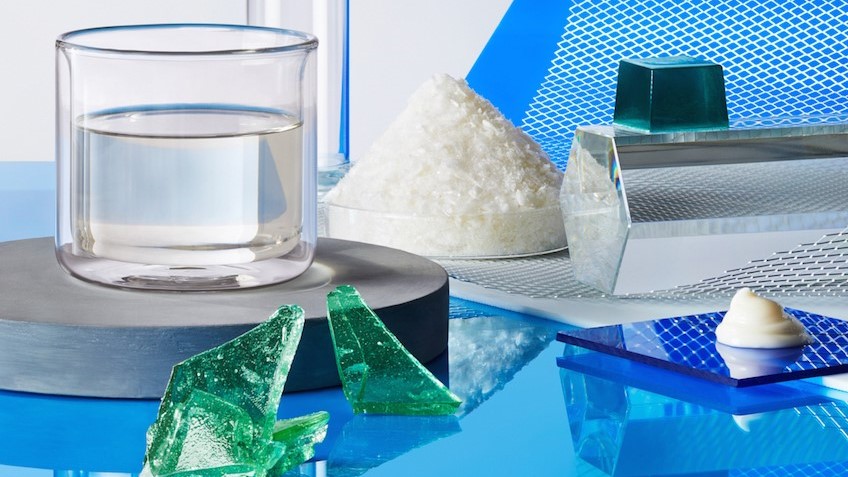
After initially launching several products in the beauty and cosmetic industry, it is great to see Geltor venture into the food and nutrition industries. Geltor first signalled its interest in developing animal-free collagen for the food sector by signing a partnership with collagen company GELITA to do so in October 2019. GELITA also featured in Geltor’s massive Series B funding round of $91.3 million in July 2020.
Moving forward, Geltor plans to submit its Generally Recognized as Safe (GRAS) determination to the FDA to launch PrimaColl. The company also shared it has a third-party clinical trial currently in progress for PrimaColl to evaluate its benefits. When it comes to labelling, Geltor believes its PrimaColl product should be labelled as ‘collagen (vegan)’ on the end-product label.
Finless Foods to Launch Plant-based Product
Finless Foods, the first cellular agriculture seafood company, announced that the company will be launching its first product: a plant-based tuna product. The company aims to sell its plant-based alternative in foodservice channels in early 2022. While a plant-based product was not initially on the radar for the company, Finless shared it was an opportunity that emerged while developing its first cell-based fish product: a bluefin tuna.
 Finless Foods' plant-based tuna product
Finless Foods' plant-based tuna product
Finless Foods is still moving forward with its cell-based seafood and plans to announce a large funding round in the coming months. The company also broke ground about a month ago on its pilot plant facility for cell-based seafood and aims for it to be finished by the end of the year. Pending regulatory approval, Finless Foods hopes to launch its first cell-based seafood by early 2022 as well. The company shared its first cell-based seafood product will be sashimi.
New Culture to Launch Mozzarella Cheese in 2023
Cellular agriculture startup New Culture shared its aim to launch its animal-free mozzarella cheese in 2023. According to New Culture co-founder and CEO Matt Gibson, mozzarella cheese is mostly the dairy protein casein, and the New Culture team achieved important breakthroughs to produce substantial amounts of casein through its acellular agriculture platform. Instead of selling its product directly to the market, New Culture plans to launch its mozzarella cheese through the foodservice sector, like pizza restaurants, where most mozzarella cheese is consumed.
 New Culture's cell-cultured mozzarella cheese
New Culture's cell-cultured mozzarella cheese
Survey Shows Consumers will try Animal-Free Dairy Cheese
A new consumer perception study highlighted that people around the world are interested in animal-free dairy cheese. Commissioned by cellular agriculture dairy company Formo (formerly known as Legendairy Foods), the study interviewed more than 5,000 people across Brazil, Germany, India, the UK and the US to understand global perceptions of dairy cheese produced directly from cell cultures instead of from animals.
According to the study, on average, 79% of consumers globally are probably or definitely likely to try dairy cheese via precision fermentation (also known as acellular agriculture). The study also indicated that approximately 71% of consumers would probably or definitely likely be ready to pay for animal-free dairy cheese.
Breaking down demographics, the study found younger consumers are more likely to purchase cell-cultured dairy cheese. In addition, the study suggests one’s current level of cheese consumption was a strong predictor of a consumer’s willingness to buy an animal-free dairy cheese.
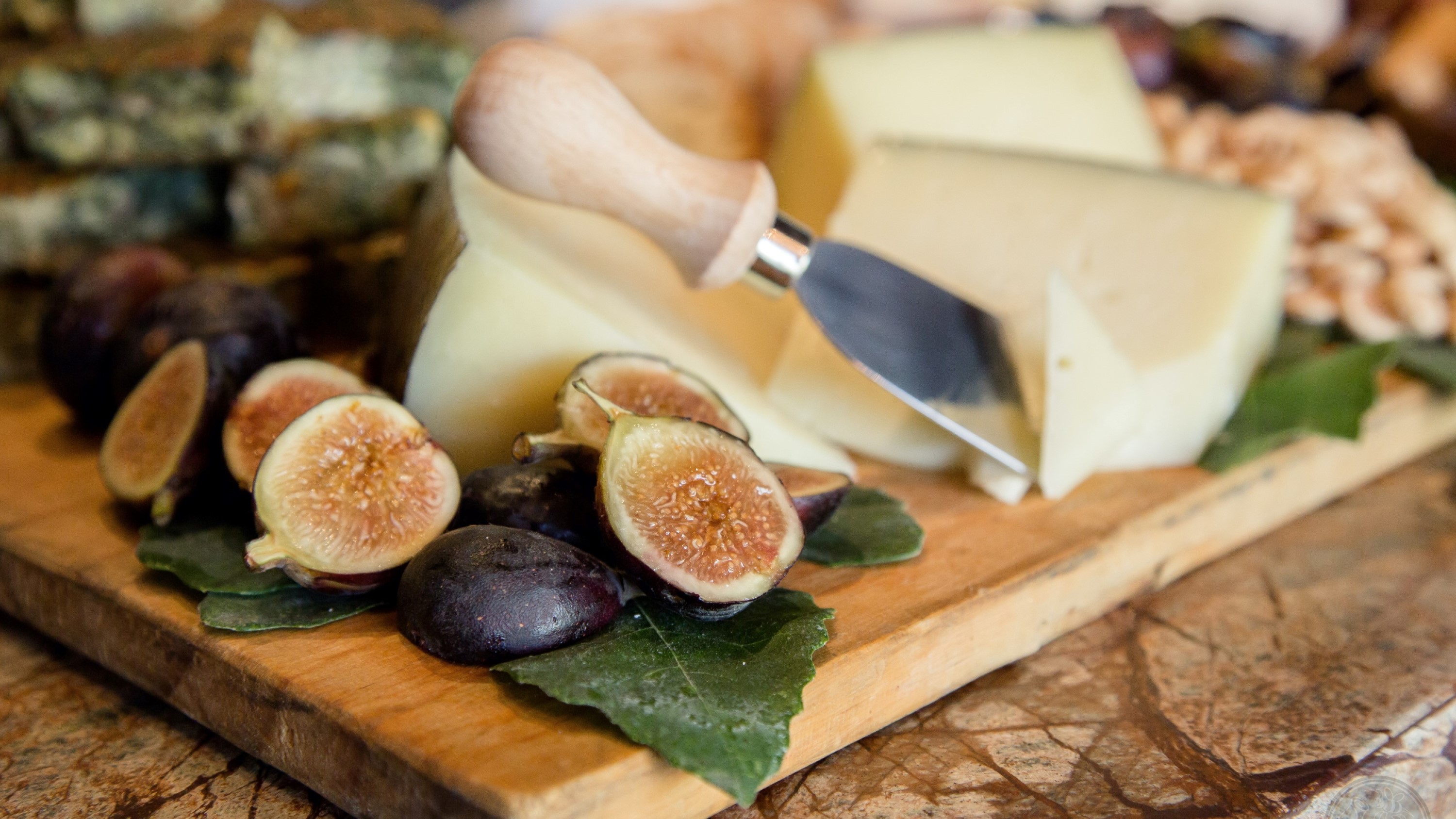
Interestingly, when it comes to terminology of dairy cheese produced directly from cell cultures, the study used the term ‘Legendairy mozzarella’ (or ‘Legendairy paneer’ in India) because alternatives to conventional dairy products cannot use the word ‘cheese’ in the European Union. Nevertheless, surveyed consumers anticipate that animal-free dairy cheese will be significantly more tasty than vegan cheese alternatives and rate it more ethical and environmentally friendly than conventional dairy cheese.
Compared to a study in May 2021 in the US and UK that found approximately 40% of consumers are very likely to try cell-based meat, it is promising to see a higher rate of interest among consumers for animal-free dairy products. As the first European cellular agriculture dairy company, Formo aims to develop European specialty cheeses and plans to unveil its first product this year.
While promising to see a global interest for animal-free dairy cheese, it is important to acknowledge that the study’s sample size in Brazil and India skewed heavily towards more affluent and urbanized individuals. Considering that the study showed the highest consumer interest in trying the products in Brazil (92%) and India (93.4%), the sample sizes may not represent the wider society’s acceptance or perception of animal-free dairy products in those countries.
Upside Foods Announces Amy Chen as New COO
Upside Foods (formerly Memphis Meats) announced Amy Chen as the company’s new COO. Having previously worked at PepsiCo for 15 years in various roles, Chen played an important role in the company’s rebranding from Memphis Meats to Upside Foods. As the new COO, Chen will work with CEO and co-founder Uma Valeti to develop the company’s commercialization strategy, scale team culture, and brand development around its products. Pending regulatory review, Upside Foods aims to launch its first product this year in the United States: a cell-based chicken branded.
Provenance Bio Develops Animal-Free Collagen
Provenance Bio announced the new startup produced animal-free gelatin through its proprietary platform. Initially focused on cell-cultured leather, Provenance Bio co-founder and CEO Michalyn Andrews realized the company did not have a platform to produce all the collagen required to do so and turned to develop one.
From leather and gelatin to cosmetics, collagen is a versatile protein that has various applications across sectors. Provenance Bio plans to spin out several companies to focus on the different verticals to use its technology platform. Moving forward, the company plans to advance its platform with the aim to bring the product cost down of its collagen to less than $15 per kilogram.
BlueNalu announces Food Safety Framework for Cell-Based Seafood
Cell-based seafood company BlueNalu announced its framework for food safety and quality assurance for its products. To demonstrate the highest possible standards for its cell-cultured seafood, BlueNalu committed to pursuing third-party certification recognized by the international Global Food Safety Initiative (GFSI), an international organization recognized for setting food safety standards that go beyond domestic government regulations.
 BlueNalu's cell-cultured seafood
BlueNalu's cell-cultured seafood
By committing to the internationally recognized third-party certification programs, BlueNalu aims to raise the standards for cell-cultured foods globally and ensure the premium quality of its products. From quality control to advanced quality assurance, BlueNalu selected quality management solutions software TraceGains to manage its quality assurance system frameworks.
Imagindairy looks to launch Animal-Free Cultured Dairy
Imagindairy is a new startup using microorganisms to produce the same dairy proteins found in milk from a cow to produce a range of animal-free dairy products, including cheese and yoghurt. The company so far has raised $1.5 million in seed funding to date, including investments from Israeli Innovative Authority, Kitchen FoodTech Hub, CPT Capital, and New Crop Capital. As Imagindairy scales its production system, the company will soon raise its Series A round. In April 2021, Israeli startup BioMilk became the first cell-based dairy company to go public.
IntegriCuluture Launches CulNet Consortium
Japanese cell-based meat company IntegriCulture announced the launch of the CulNet Consortium with 12 businesses on board to help cellular agriculture become more widespread. From cost and safety to scaling challenges, the CultNet Consortium aims to address the field’s challenges and help different companies in different sectors build a whole supply chain around the field.
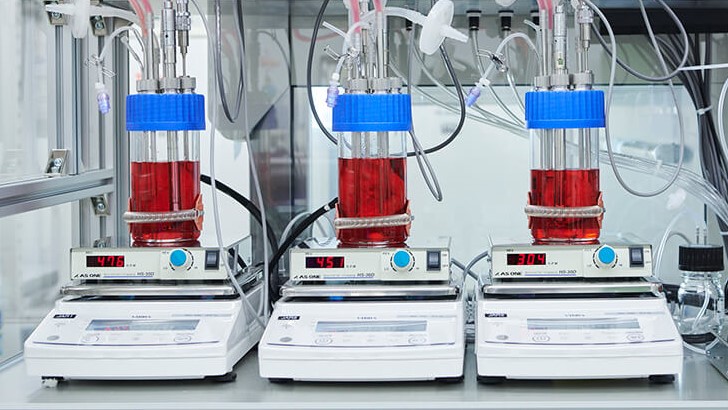
One of the goals of the CulNet Consortium is to develop open cellular agriculture infrastructure to address five important topics to scale cellular agriculture: cell sourcing, cell culture media standardization, bioreactor development, product processing, and the CulNet system hardware. Consortium members will conduct multiple research projects with other members to explore the topics, and the intellectual property developed from each project will be shared among the participating members.
Companies in the consortium include Nissan Chemical Co., Okura Industrial, and Chiyoda Co. IntegriCulture first launched its large-scale culture system CulNet in May 2020 to empower companies around the world to sustainably produce their own cell-cultured products. IntegriCulture previously announced a partnership with Singapore-based Shiok Meats to help scale Shiok Meats’ cell-based shrimp meat through IntegriCulture’s CulNet system.
McKinsey Publishes Cultured Meat Insights Report
McKinsey launched its insights report looking at the cell-based meat sector and market opportunity. According to the management consulting firm, the cell-based meat sector could provide up to 0.5% of the world’s meat supply and be a massive $25 billion global industry by 2030. At that scale, cell-based meat would need to produce approximately 1.5 billion tonnes annually, which would require the field to address many technical and scaling challenges.
In addition, the McKinsey report highlighted the obstacles ahead for the field, including the socioeconomic impact that cellular agriculture could have on conventional livestock agriculture industry.
First Alt Protein University Course to Launch in Singapore
The first alternative protein university course in Asia-Pacific is coming to Singapore. Nanyang Technological University in Singapore shared that the university will launch an alternative protein course about the future of meat for upper-year undergraduates. The course was developed in partnership with the Good Food Institute and will highlight plant-based, cell-based, and fermentation (including acellular agriculture) technologies to produce alternative proteins. After the first regulatory approval for cell-based meat in the world, Singapore continues to position itself as a leader in the future of food field.

Horizon Europe Allocates €32 million for Alt Protein Research
European Union funding program Horizon Europe announced new funding of up to €32 million for research into sustainable protein sources, including cell-based meat and plant-based alternatives. From nutrition and allergenicity of alternative proteins to value chain development and consumer food choices, the research funding aims to address a wide range of topics around the future of food.
While labeling regulation may continue to be a challenge for alternative protein companies, it is promising to see governmental research funding to support developing a sustainable future food system. In October 2020, a BioTech Foods-led research consortium Meat4All was allocated €2.7 million for cell-based meat research from the European Union through the Horizon 2020 Framework Programme for Research and Innovation focusing on scaling cell-based meat production capacity.
Conclusion
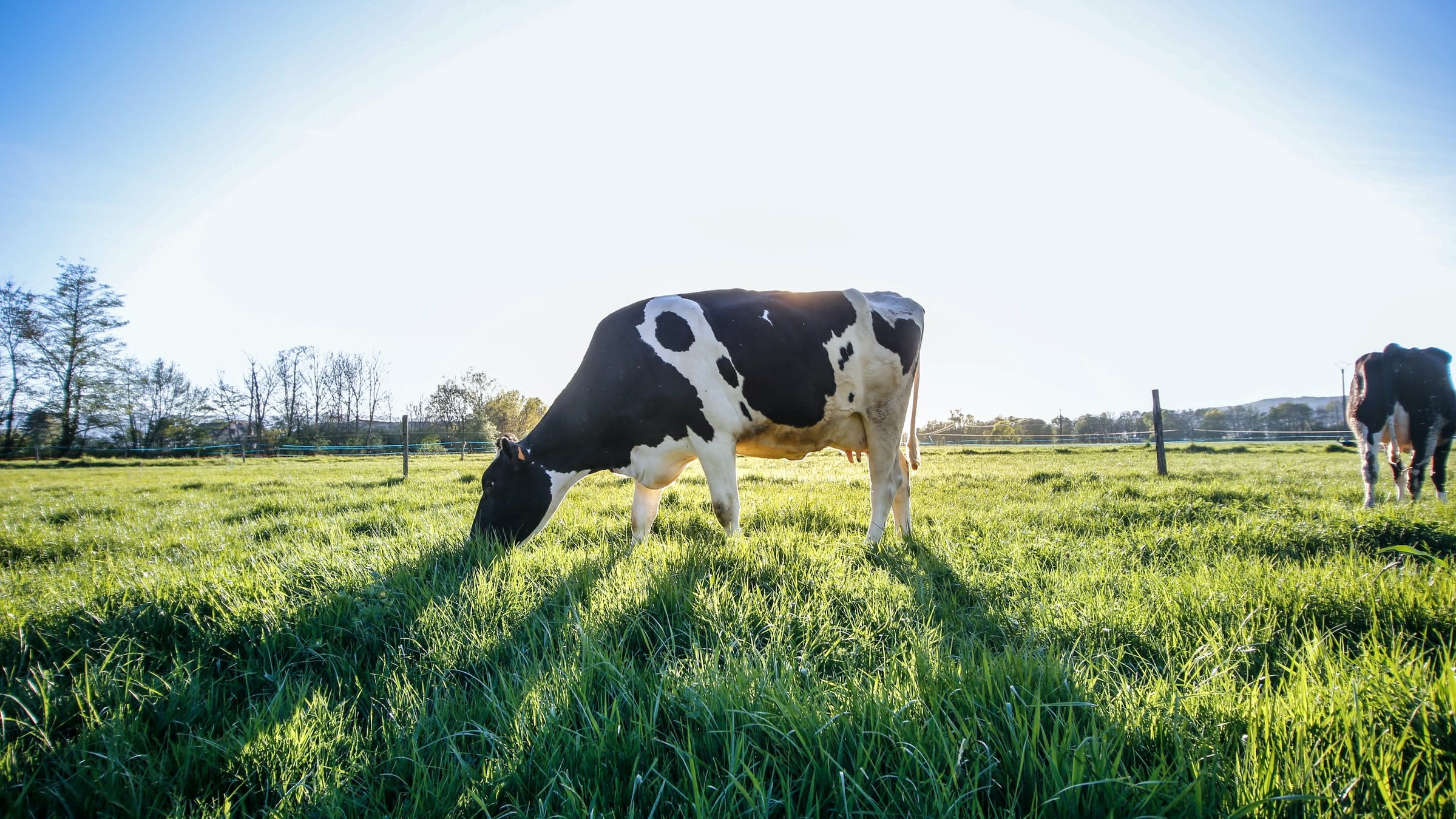
From one of the largest funding rounds to date in the field to the first pilot plants and cell-cultured dairy products and prototypes, June was a strong end to the second quarter of 2021.
Beyond the cell-based meat pilot plants, June was the first month in 2021 where most developments focussed in cell-cultured dairy and, more broadly, acellular agriculture. While cell-based meat generally receives more attention in the wider media, it is only one side of cellular agriculture food applications. From investments in Motif Foodworks and Change Foods to Geltor’s first product launch in the food sector, the acellular agriculture sector (also referred to as precision fermentation) made plenty of advancements this June. In addition, with Biomilq’s cell-based dairy prototype and TurtleTree’s first product launch, the field will also soon see its first cell-based dairy-derived products.
At the same time, it is important to recognize the significant scaling milestone achieved by the pilot plants. As the cell-based meat sector looks to come to market, it is promising to see both Future Meat and Wildtype launch pilot production plants for their cell-based meat and seafood, respectively. An important part of facility design and development, pilot plants are a vital steppingstone for cell-based meat companies to validate their cell-based food production process. By moving from the lab to a small-scale facility, companies can evaluate the commercial viability of its food production process and improve its efficiency and design before moving to a larger facility.
Stay connected with CellAgri
Join our mailing list to receive the latest news and updates weekly from the cellular agriculture industry. Your information will not be shared.



